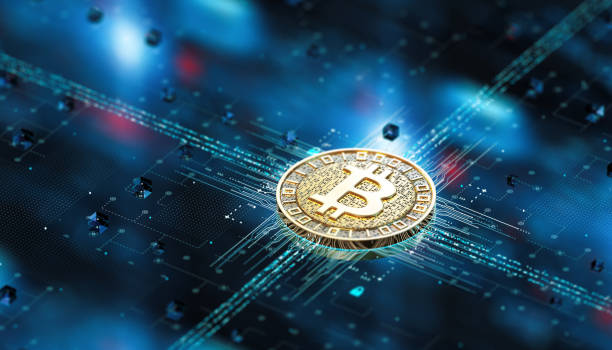Video Game Preservation: Preserving Our Digital Heritage
Video games have come a long way since the days of Pong and Space Invaders. They have evolved from simple pixel-based games to high-definition, immersive experiences rivaling Hollywood blockbusters. But as the industry advances, we risk losing sight of our digital heritage. The preservation of video games has become an increasingly prevalent topic in the gaming community.

The Crumbling of Digital Relics
Unlike movies or books, video games are prone to become unplayable due to the rapid progression of technology. Hardware becomes obsolete, servers for online games shut down, and the code that runs games can degrade over time. Games from the ’80s and ’90s are particularly vulnerable, with many early CDs and cartridges deteriorating beyond repair.
The Dawn of Preservation
In response to this growing concern, several initiatives have been set up to preserve video games. The Video Game History Foundation and the National Videogame Museum are just two examples of organizations dedicated to this cause. They aim to archive and preserve games in their original state, as well as the history and culture surrounding them.
The Legal Hurdles
However, these preservation efforts often face legal challenges. Copyright law and the Digital Millennium Copyright Act (DMCA) restrict the copying and distribution of video games. Even though these laws were designed to protect intellectual property, they inadvertently hinder preservation efforts.
The Importance and Impact
Game preservation is more than just nostalgia. It’s about understanding our digital culture and how it has evolved over time. Games are an integral part of our culture, influencing other forms of media and even shaping societal norms. Furthermore, preserving games can provide valuable insights for game designers, historians and academics alike.
As the gaming industry continues to evolve, it’s crucial that we don’t lose sight of our digital past. Preservation efforts need to be recognized and supported to ensure that future generations can appreciate the origins and evolution of this dynamic medium.
The topic of game preservation reflects the broader conversation about our digital heritage and how we choose to value and protect it. It serves as a reminder that games, like any other form of art or media, have a history worth preserving.
Despite the challenges, the movement for game preservation is gaining momentum. More and more people are recognizing the cultural, historical, and academic value of preserving video games. And as we continue to push the boundaries of what games can be, it’s more important than ever to remember where we came from.




